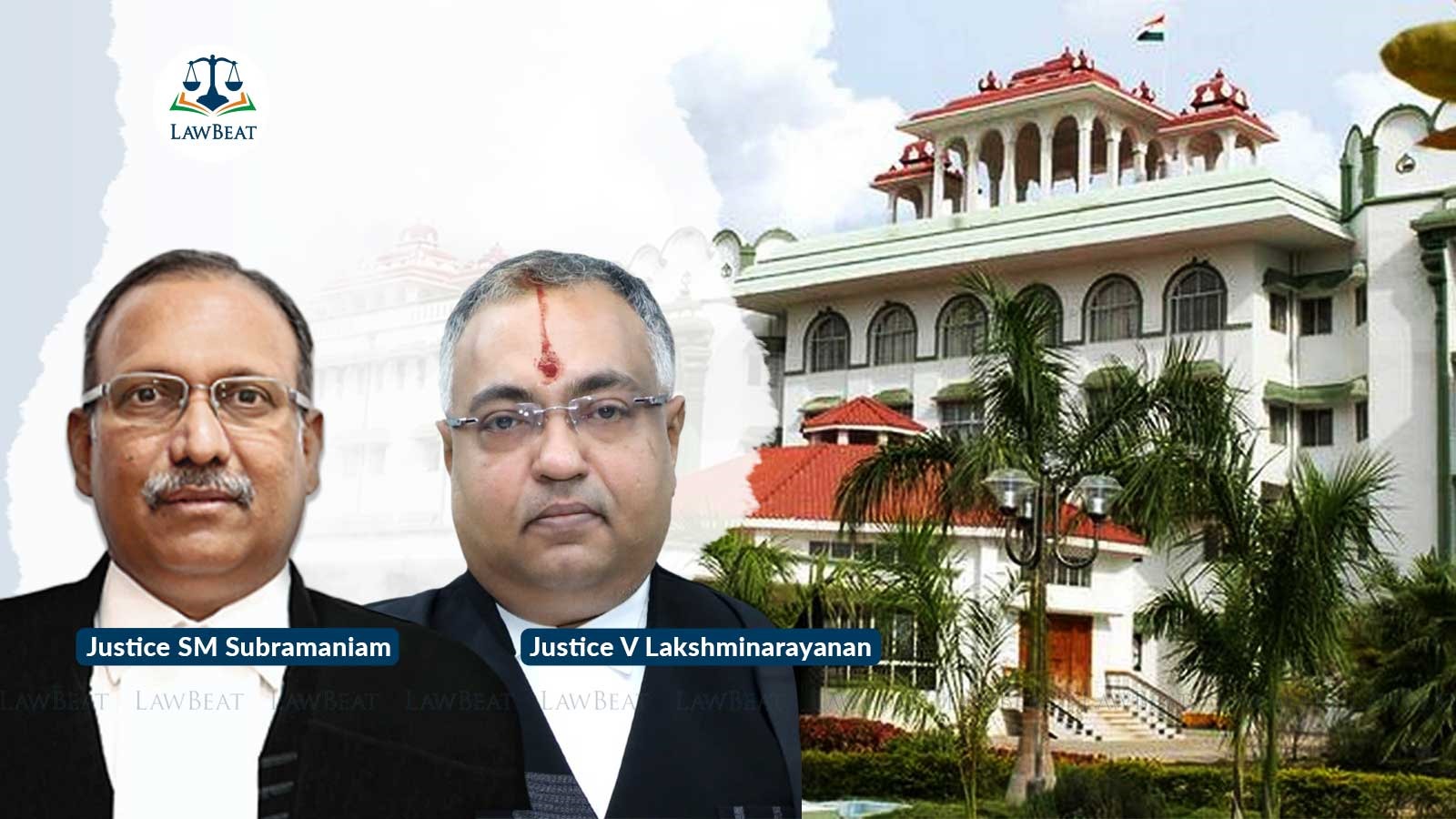Any ambiguity would affect future generations: Madras High Court Urges Heightened Caution in Issuing/Revoking Community Certificates

Court said that the authorities conducting inquiries should exercise caution, carefully evaluate all documents presented by the parties, and make clear findings to eliminate any ambiguity in deciding whether to grant or cancel the community certificate
While emphasising the significant impact on future generations of issuance or revocation of community certificates, the Madras High Court recently asked the authorities conducting inquiries to exercise caution, carefully evaluate all documents presented by the parties, and make clear findings to eliminate any ambiguity in deciding whether to grant or cancel the community certificate.
"Any ambiguity would result in denial of basic right to the person, who seeks community certificate from the authorities," said a bench of Justices SM Subramaniam and V Lakshminarayanan.
The observations were made in a plea filed by one P Maheswari, President of G.Kalluppatti Panchayat.
The petitioner claimed that she belongs to the “Kuravan” community, which is a scheduled caste community. Claiming affiliation to the community with a certificate, she had won the 2019 G. Kalluppatti Panchayat Presidency. However, a rival candidate, unsuccessful in the election, filed a complaint alleging fraudulent submission of the community certificate by her.
On the basis of the complaint, the District Collector, Theni District conducted an enquiry and cancelled the community certificate of the petitioner.
Subsequently, the petitioner filed a writ petition in 2021 leading to high court direction to the District Level Vigilance Committee to review the complaint afresh. The committee disposed of the complaint and passed the impugned order dated May 3, 2023.
The petitioner's counsel contended that the Committee overlooked her submitted documents, failing to assess their validity and sanctity in establishing her community affiliation.
The counsel for the petitioner argued that the District Level Vigilance Committee failed to consider the documents produced by the petitioner and there were no findings concerning the sanctity and the validity of the documents produced by the petitioner to establish her community.
Contrarily, the complainant's counsel asserted that the Vigilance Cell's detailed report disputed the petitioner's claim to the "Kuravan" community, citing thorough consideration of customary practices.
Moreover, the Additional Advocate General, representing the State, supported the impugned order stating that there was no infirmity.
On perusal of the impugned order, the court opined that although the District Level Vigilance Committee had followed the procedures as contemplated under the Government Orders, there was no discussion about the documents and the findings in the Vigilance Cell report and appreciation of the evidences produced before the Committee.
Court noted that the petitioner had produced 62 documents to establish her case before the District Level Vigilance Committee, however, none of those documents were referred to in the impugned order.
Court further pointed out a report voluntarily submitted by an Anthropologist and said that when such voluntary reports were filed, there was no impediment for the Committee to look into the sanctity of the report and to consider the issues in order to resolve the dispute.
"When there are reports in favour and against the petitioner, both the reports are to be considered and findings are to be given on the basis of which report, the decision is taken. However, there is no such finding in the order impugned, " court highlighted.
Therefore, while keeping in view that the impugned order will affect the right of the petitioner, court opined that the matter was to be again remanded.
Accordingly, court directed the District Level Vigilance Committee, Theni District to go into the documents produced by the petitioner and the opposite parties and make a categorical finding both factually and legally and thereafter, pass a reasoned order for arriving at a conclusion within a period of four weeks from the date of receipt of a copy of the present order.
Case Title: P.Maheswari v. The Secretary to Government, Adi Dravidar and Tribal Welfare Department and Others
